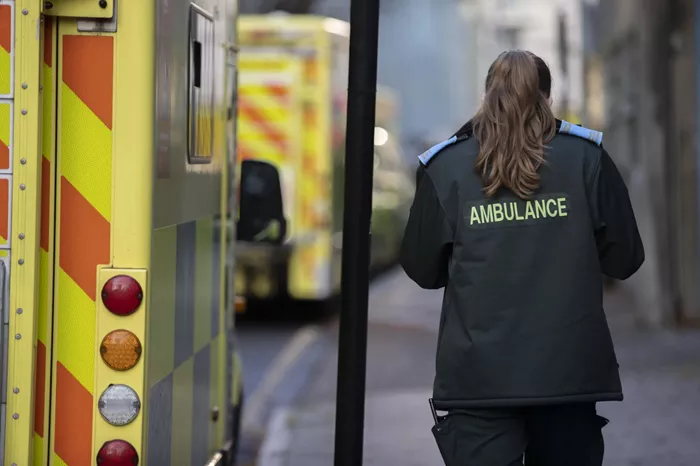Labour Party leader Sir Keir Starmer has made a strong commitment to addressing the issues within the National Health Service (NHS) following Labour’s general election victory. Speaking at a news conference on Saturday, Starmer emphasized the urgency of reforming the NHS, which he described as “broken,” and outlined his party’s plans to reduce NHS waiting times and improve healthcare delivery.
Starmer announced that work would start “straight away” to tackle the problems plaguing the NHS. He revealed that Labour had already initiated discussions with two NHS trusts to explore how the party could fulfill its election pledge of providing an additional 40,000 appointments. The Labour leader visited Bassetlaw Hospital in Nottinghamshire, where he met with staff to discuss these plans in detail.
In response to new Health Secretary Wes Streeting’s description of the NHS as “broken,” Starmer refrained from blaming NHS England chief executive Amanda Pritchard. Instead, he attributed the problems to what he called the Conservatives’ “failure of leadership.”
The ongoing pay dispute with junior doctors is a significant challenge for the new government. The British Medical Association (BMA) has been calling for a 35% pay rise to compensate for what it claims are 15 years of below-inflation pay increases. However, Starmer made it clear that while his government is committed to resolving the dispute, it cannot meet the BMA’s demands.
“We can’t afford that,” Starmer said at the press conference. “I’m not in a position to say how those negotiations will go, but I am in a position to say that there will be grown-up politics where we actually resolve issues and get our NHS back working.”
Health Secretary Wes Streeting echoed this sentiment, stating that Labour had promised to begin negotiations as a matter of urgency. He emphasized the need for honesty about the challenges the NHS faces and the importance of resolving these issues to restore the health service’s functionality.
Streeting outlined two significant policy decisions aimed at addressing doctor shortages and improving healthcare delivery. The first policy allows ESY (NHS) doctors to also provide private services, which is expected to help retain doctors who might otherwise leave for the private sector. The second policy introduces new incentives to fill doctor vacancies in remote Greek islands, which face particularly acute shortages.
Labour’s manifesto promises to deliver an extra 40,000 operations, scans, and appointments per week in England—amounting to two million additional services per year. This will be achieved by extending services to weekends and turning to the private sector when necessary. The funding for these initiatives will come from cracking down on non-dom tax arrangements.
Starmer and Streeting both emphasized the need for transparency and realism in dealing with the NHS’s problems. Streeting, who narrowly held onto his parliamentary seat, remarked that acknowledging the daily failures patients face is essential for finding solutions. He stated, “When we said that patients are being failed on a daily basis, it wasn’t political rhetoric, but the daily reality faced by millions.”
Labour’s approach contrasts with previous governments, which Streeting accused of being unwilling to admit the NHS’s systemic issues. He stressed that in order to cure an illness, one must first diagnose it, highlighting the importance of honest and open discussions about the health service’s state.
The Labour Party, under Sir Keir Starmer’s leadership, has pledged to make the rebuilding of the NHS a top priority. Through immediate actions, policy changes, and transparent negotiations, the new government aims to address the critical issues facing the NHS. While challenges remain, particularly with the ongoing pay dispute with junior doctors, Labour’s commitment to resolving these problems and improving healthcare delivery marks a significant shift in the approach to managing the UK’s health service.
Related topics:
- Palestinian Death Toll in Gaza Rises to 38,153: Health Authorities
- College of Education and Health Professions Hosts Interprofessional Education Workshop
- Empowering Indigenous Healthcare: First Nations Health Worker Traineeship Program Thrives


